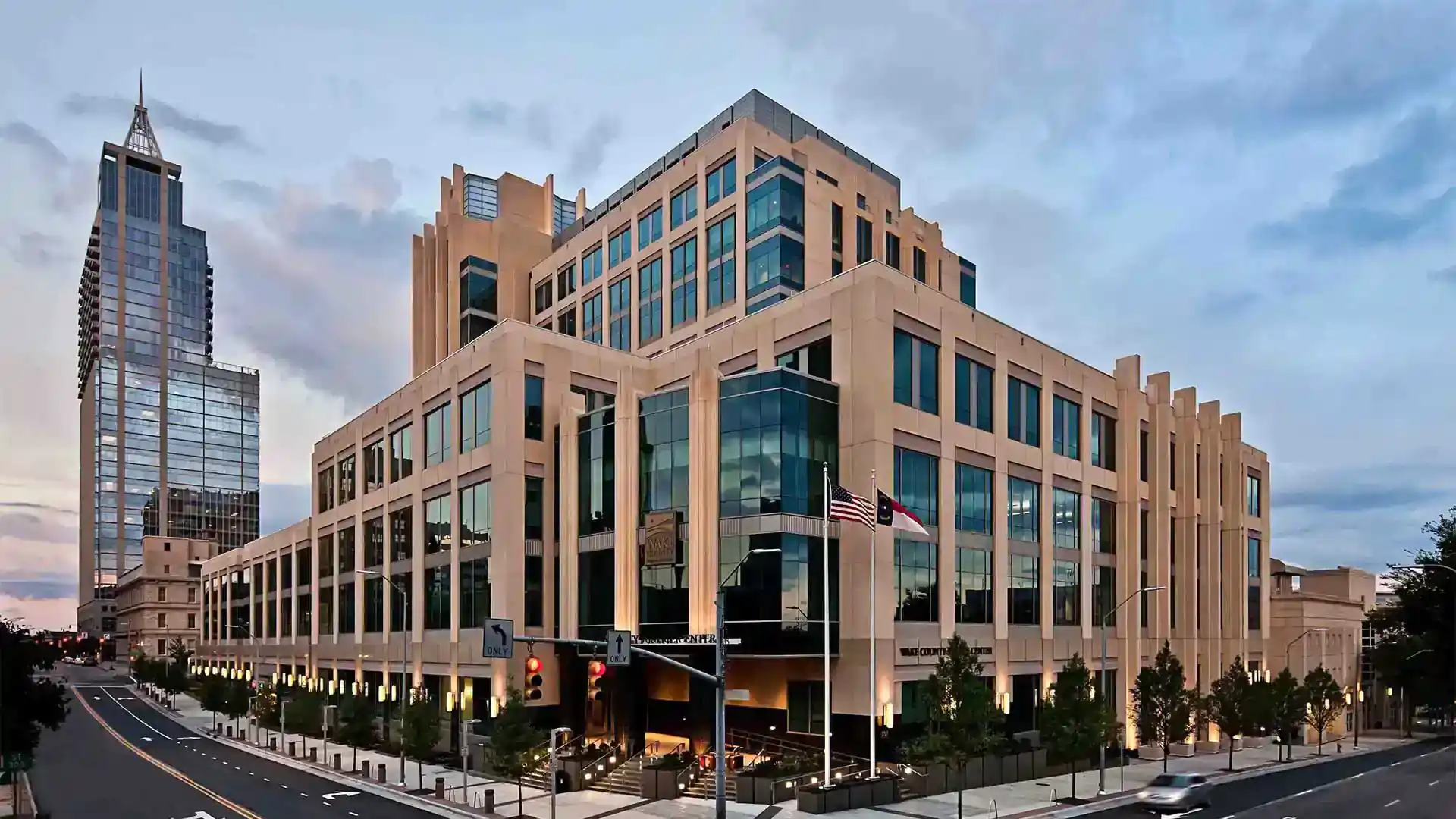
Arbitration in District Court
For legal assistance with arbitration in district court, contact our Cary attorneys today.
Alternate Dispute Resolution
In the past, there were really only two ways for civil lawsuits to be resolved: either the parties negotiated a compromise on their own before getting to trial or the case was litigated through the court process until a judgment or verdict was reached.
Now, most cases in both the District Court and Superior Court divisions are required to go through arbitration or mediation, respectively, before a trial date can be set.
Attorney Hank Doyle has been representing civil litigants, both as Plaintiffs and Defendants, for over 20 years in Cary and across Wake County. He has appeared in numerous arbitration hearings for his district court clients. Schedule a consultation with The Doyle Law Offices to discuss ADR today.
What is Alternative Dispute Resolution (ADR)?
Alternative Dispute Resolution (ADR) has become a valuable tool to help people settle their civil disputes in North Carolina and across the nation. ADR provides litigants a process by which they can get assistance in settling their cases without the time and costs involved in full-blown litigation.
ADR Process in NC District Court
District Court cases go through the process of arbitration. After the pleadings are filed, the parties will be notified by the Clerk of Court that their case has been assigned to arbitration.
The court will select an arbitrator to hear the case. Arbitrators are selected from a list of qualified arbitrators.
Usually, they have experienced trial attorneys or retired judges. The arbitrator is a disinterested third party that has no stake in the outcome of the arbitration hearing.
The court will schedule the date for the arbitration hearing that the parties and their attorneys are required to attend. The cost is $100.00 which is divided equally by the litigants and paid to the Clerk. The hearing is limited to one hour.
The traditional rules of evidence are not applied but serve as a guide for the conduct of the parties when putting on their evidence. The arbitrator will listen to the evidence presented and make a ruling on the case.
The arbitrator’s decision is NOT binding. Any party that disagrees with the arbitrator’s ruling can reject it and demand a traditional court trial within 30 days of the arbitration ruling. This is known as “trial de novo.” The outcome of the arbitration hearing is not admissible at the trial de novo and will have no influence on the judge or jury.
The Value of Arbitration in a District Court Case
The value of this process is that it allows both sides of the case to see their strengths and weaknesses. It is like a mini-trial or a rehearsal that can be very educational.
Sometimes, litigants are so convinced of the righteousness of their case, they can’t see any legitimacy in the other side’s position. Arbitration is often able to focus everyone’s thinking and provide a subjective look at the situation.
In the same way, it can be a useful forecast of what would happen in a full-blown jury or bench trial.
Arbitration FAQs
What is arbitration law?
Arbitration is a way of solving disputes by submitting them to one or more arbitrators. This process yields a final, binding decision on the matter resolved. By electing to use arbitration, the parties choose to avoid public court and instead, opt for a private and efficient conflict resolution process.
What is alternative dispute resolution?
Alternative dispute resolution (ADR) is a legal procedure in which both parties agree to work with a neutral party who will reach an agreement while avoiding litigation.
What are the advantages of filing an alternative dispute resolution (ADR)?
ADRs offer several benefits to both parties. Alternative Dispute Resolutions are:
- Flexible
- Cost-efficient
- Time-effective
Typically, both parties are more satisfied with the results of an ADR because they directly work out the terms of the settlement.
What are examples of alternative dispute resolutions?
In regards to alternative dispute resolutions in a civil case, the most common types of ADRs are:
- Mediations, such as clearing up misunderstandings between two parties or outlining underlying concerns and interests.
- Settlement Conferences – Similar to a mediation, both parties, their attorneys, and a judge will discuss the matter at hand and attempt to negotiate a settlement. It is relatively short and less formal than a trial.
- Arbitration – This is a private process where both parties agree that a decision about the dispute can be made after both parties share their argument and evidence.
- Neutral evaluation – Similar to a mediation, a neutral third party is involved in a resolving a dispute between two parties. The neutral third party renders a non-binding evaluation after hearing arguments from both parties.
What are some examples of arbitration cases?
Arbitration cases involve resolving disputes with business partners and filing divorce proceedings in a low-key manner to name a couple.

